
Han Liqun, Researcher, China Institutes of Contemporary International Relations
Aug 22, 2025
The logic underpinning the U.S. president’s approach to war and peace looks at international conflicts as being subject to transactional pricing mechanisms. In the short run, this strategy can yield results, but its long-term sustainability remains deeply uncertain.
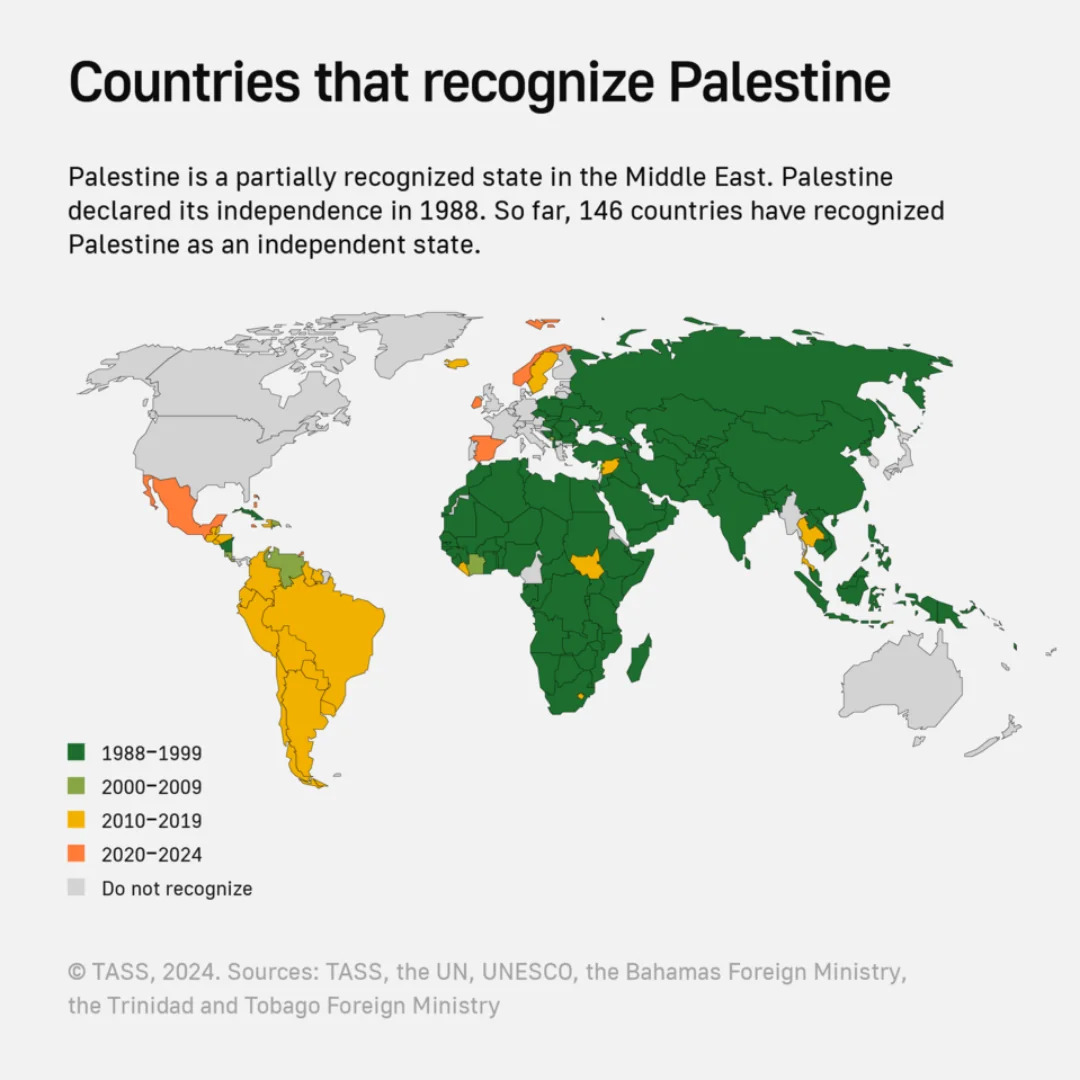
He Wenping, Senior Research Fellow, Charhar Institute and West Asia and Africa Studies Institute of the China Academy of Social Sciences
Aug 12, 2025
The stated intentions of France, the United Kingdom, Canada and Australia may add to Israel’s growing international isolation and could prompt a reassessment — though not a fundamental shift — in support for Israel by the United States.

Richard Weitz, Senior Fellow, Hudson Institute
Aug 08, 2025
China declined an opportunity to join Iran in its June 2025 confrontation with the United States and Israel. Though Beijing enjoys good relations with the Iranian regime, competing alignments and other considerations convinced PRC policymakers to adopt a low profile during the twelve-day war.

Zhang Zhixin, Research Professor of Institute of American Studies, CICIR
Jul 30, 2025
Attacking Iran’s nuclear facilities showed the pragmatism of U.S. foreign policy. The airstrikes were neither purely isolationist nor ideologically preemptive. Instead, they were a calibrated, interest-driven move to neutralize a threat while avoiding overcommitment.

Dan Steinbock, Founder, Difference Group
Jul 25, 2025
Since fall 2023, Israel has engaged in genocidal atrocities in Gaza. So, why hasn’t the Genocide Convention been used to preempt the violence? Why has the Convention proved ineffective since its creation? The West’s long struggle against the Genocide Convention is one of the central questions of Dan Steinbock’s new book, The Obliteration Doctrine.
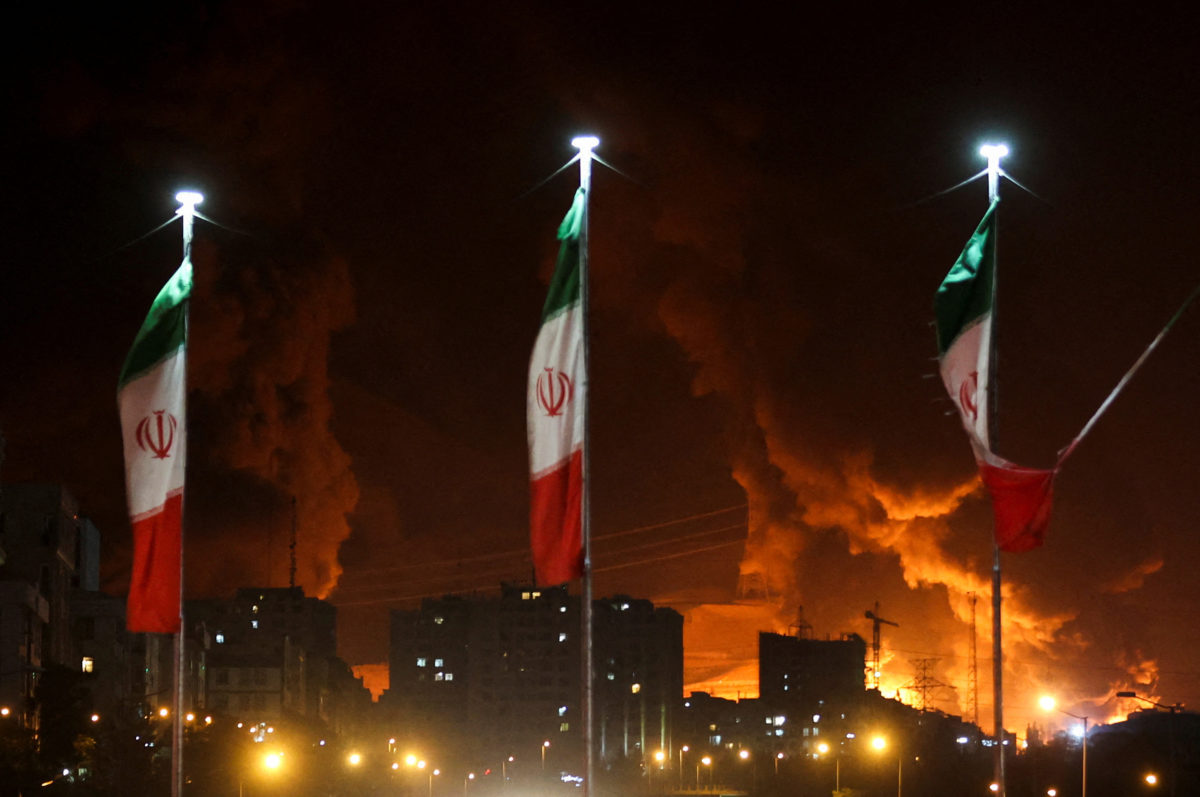
Wang Zhen, Professor and Deputy Director, Institute for International Relation Studies, Shanghai Academy of Social Sciences
Jul 21, 2025
The answer will depend on whom you ask. But one thing is certain, the attacks by Israel and the United States on Iran’s nuclear facilities did not advance the cause of peace in the Middle East. They only added to suspicions and made a resolution more difficult to attain
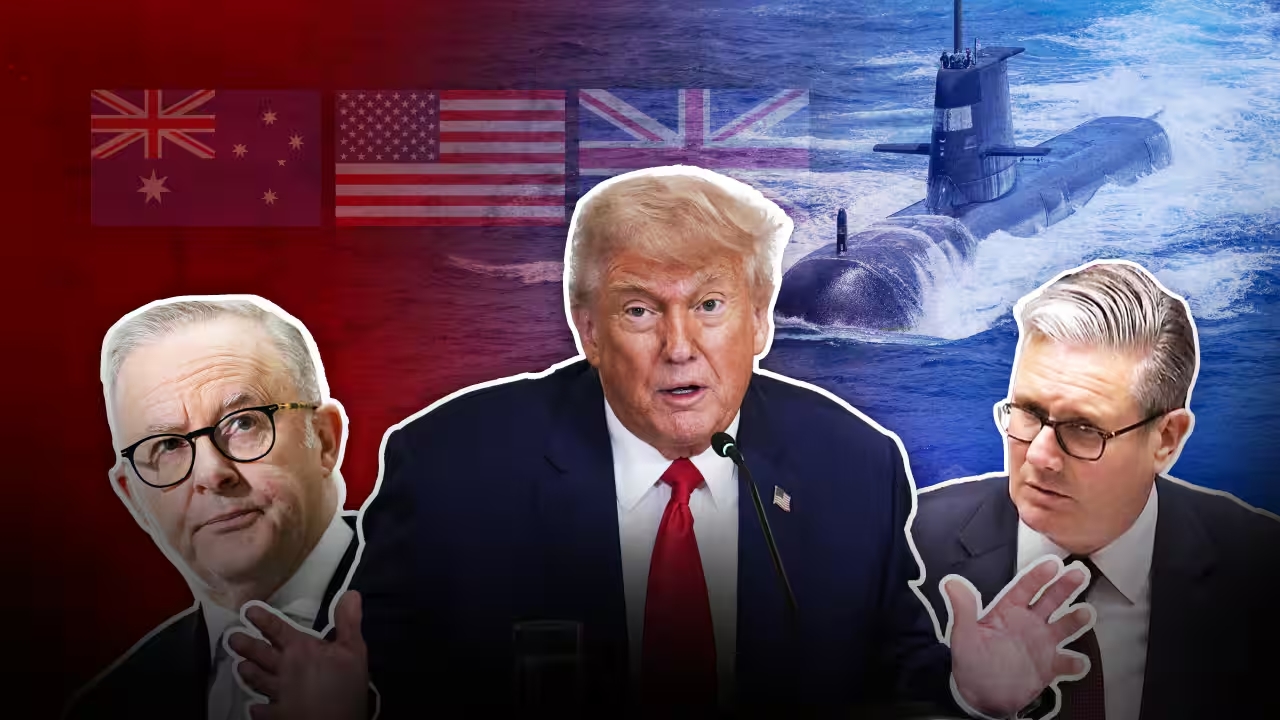
Sajjad Ashraf, Former Adjunct Professor, National University of Singapore
Jul 11, 2025
The United States has launched a review of the AUKUS pact—a trilateral security arrangement between Australia, the United Kingdom, and the United States, signed in 2021. Established behind closed doors and announced with little warning, the agreement abruptly terminated a multi-billion-dollar submarine deal between Australia and France, provoking fury in Paris. France branded the move a “stab in the back,” accusing its allies of deceit.
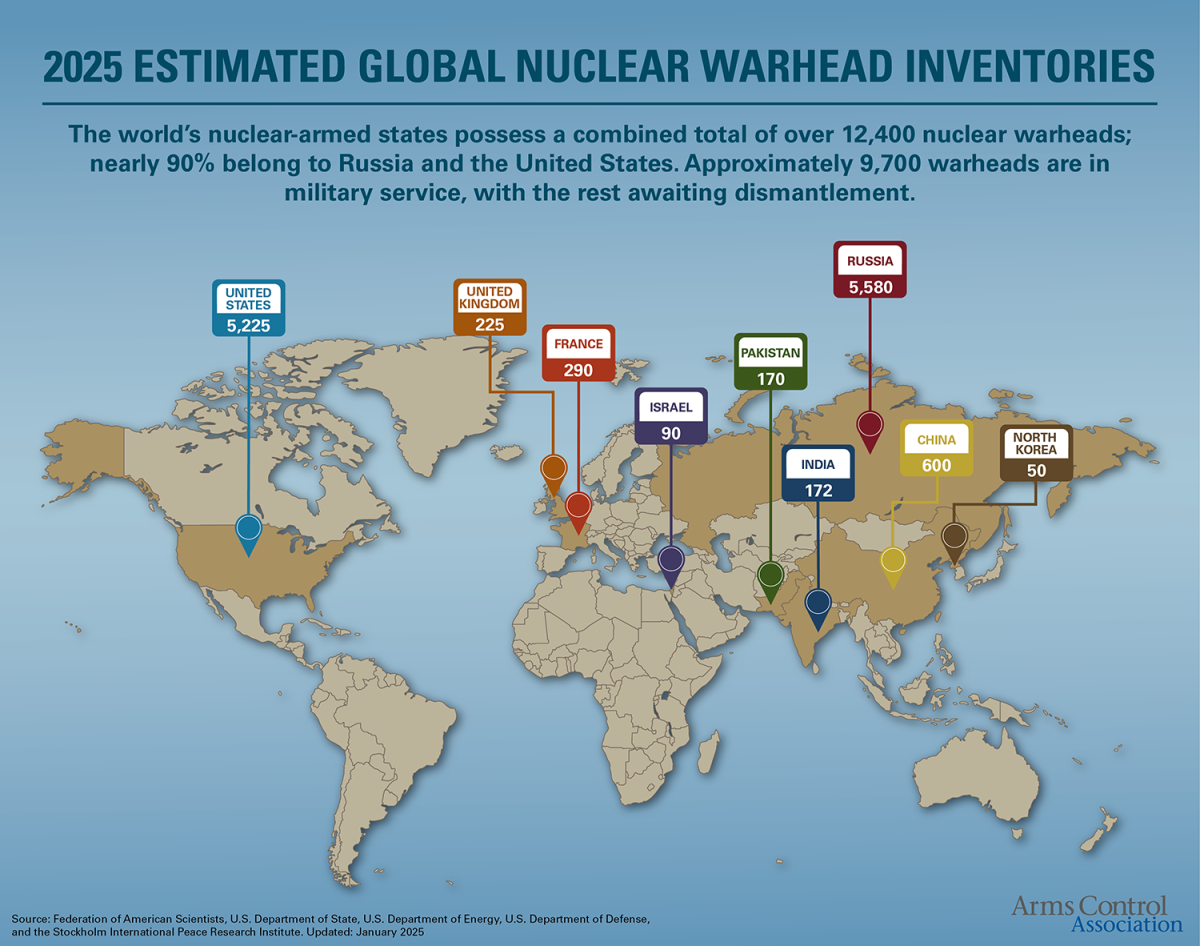
Mohamed ElBaradei, Director General Emeritus, International Atomic Energy Agency; Nobel Peace Prize Winner
Jul 09, 2025
In 1966, the United States, the Soviet Union, the United Kingdom, France, and China not only were the only countries that possessed nuclear weapons; they also had enough wisdom to recognize the dangers posed by nuclear proliferation. Despite their many and deep political differences, they arrived at a consensus to halt the further dissemination of “nuclear weapons or other nuclear explosive devices.”
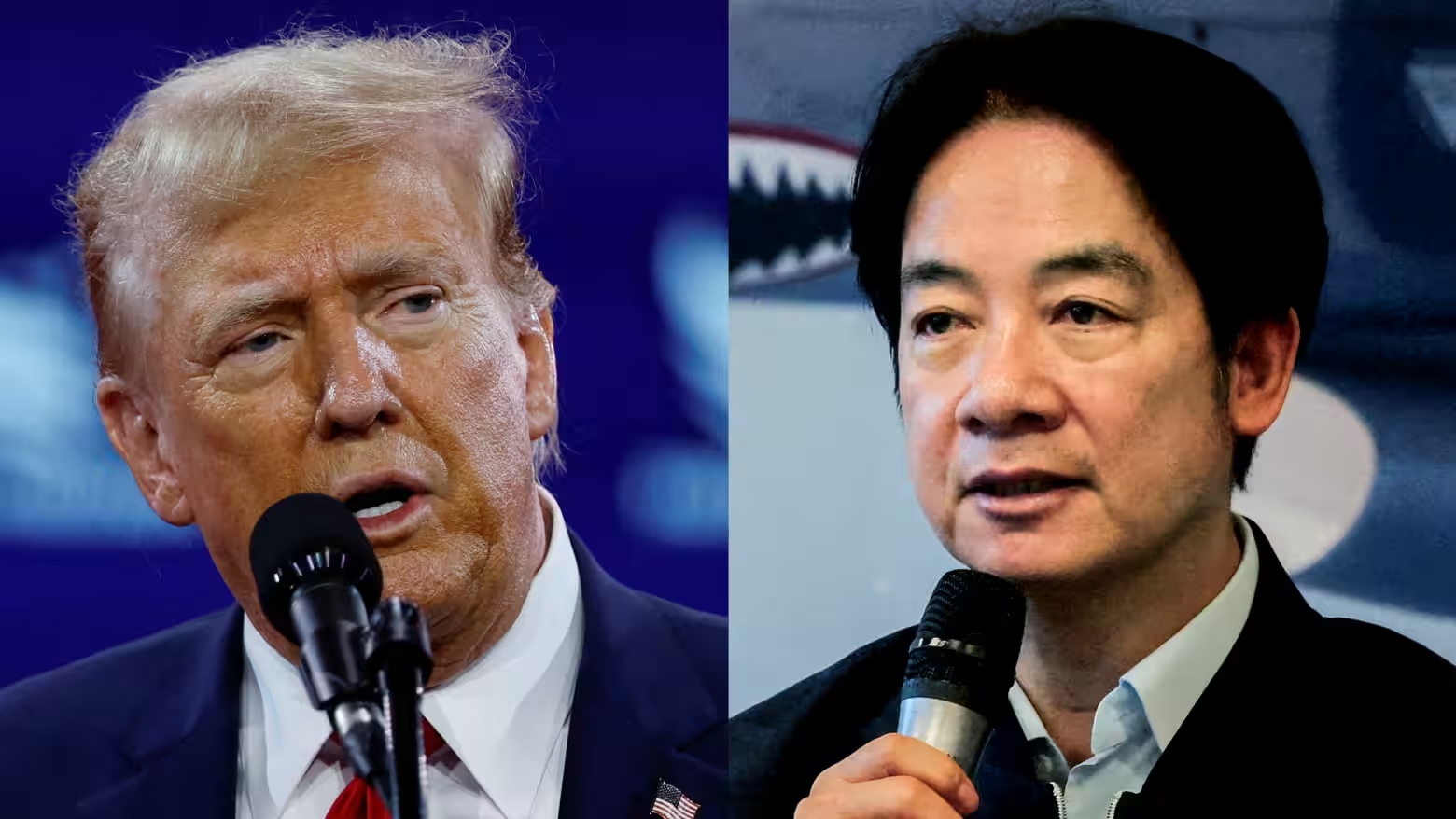
Tong Liqun, Associate Researcher at Institute for Taiwan, Hong Kong & Macao Studies, Shanghai Institute for International Studies
Jul 09, 2025
An extreme imbalance of power appears likely to emerge in the future. Donald Trump’s personal attitude will be a critical factor influencing the sensitive political dynamics of the island, and doubts about the reliability of U.S. support will continue to grow.
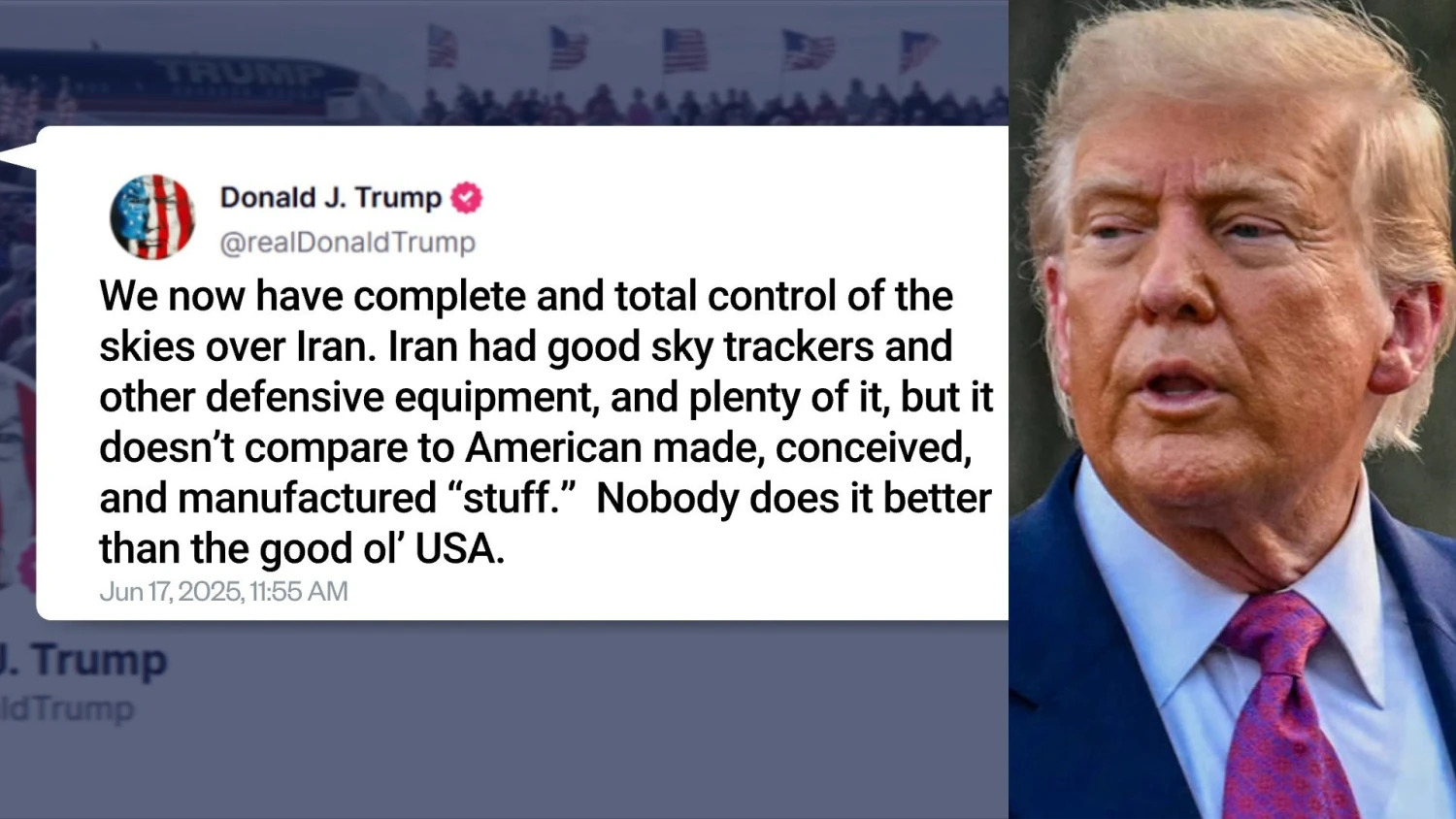
He Wenping, Senior Research Fellow, Charhar Institute and West Asia and Africa Studies Institute of the China Academy of Social Sciences
Jul 04, 2025
Was the so-called 12-day war a triple victory or a triple defeat? Will Americans tolerate a policy of “Israel first” over “America first”? The answers to these and other key questions will determine whether, and how deeply, the United States could be drawn into the fray again.
Back to Top

- China-US Focus builds trust and understanding between the U.S. and China through open dialogue among thought leaders.
- Our Offerings
- Topics
- Videos
- Podcasts
- Columnists
- Research Reports
- Focus Digest
- Stay Connected
-
Thanks for signing up!
- Get the latest stories from China-US Focus weekly.